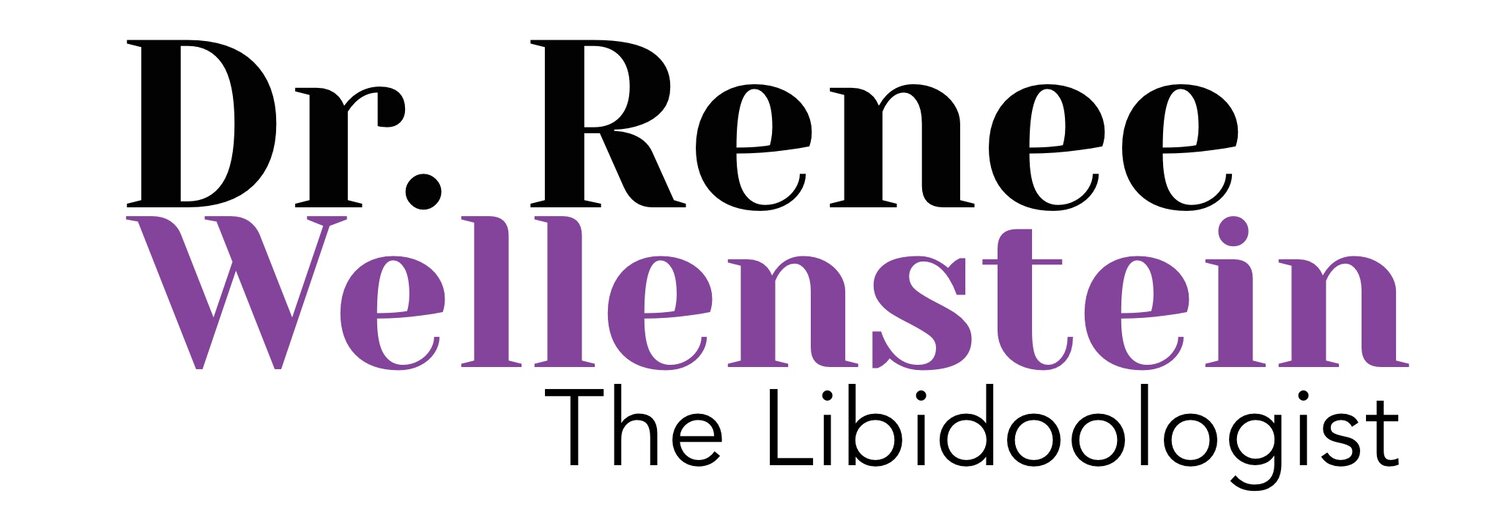Conventional Medicine vs Functional Medicine: What you need to know
Let's have an honest chat. Before 2014, I didn't know much about this thing called "functional medicine." I was super busy being an OB/GYN and taking care of my twins. My focus was on what I knew best, and I didn't have much time to explore beyond that.
In 2013, I got sick, and it was like a big puzzle. Doctors couldn't figure it out, and the medicines they gave me didn't really help. They actually made things worse with new problems. I felt kind of lost and wondered if I was imagining things.
So, I had two choices: keep feeling lousy forever or try something new – "functional medicine." I decided to give it a shot in January 2014, and it turned out to be a game-changer for me!
You might've heard about functional medicine, but it's possible you're not sure what exactly we do. I've been in both regular doctor mode and functional medicine mode, and they're pretty different. Both have their strengths, but I really wish more folks would give functional medicine a shot to prevent getting sick in the first place.
Let me show you six ways regular medicine and functional medicine are different:
Viewing Body in Parts or As A Whole
Conventional medicine often looks at the body like a puzzle, where each part is separate and independent. Doctors specialize in specific areas, just like I focused on women's reproductive health. When I trained in conventional medicine, it made sense to look at things this way. For instance, during my OB/GYN training, I was trained to see the uterus, ovaries, fallopian tubes, cervix, vagina, and vulva as individual pieces, not connected to the rest. Anything above the belly button was like a different world.
I remember feeling unsure about what to do with the gut – it was like a mystery to me! Especially during surgeries, I'd think, "Why is this gut here?" It wasn't until I stepped into the world of functional medicine that a lightbulb went off. Functional medicine opened my eyes to the fact that if one part of the body isn't working well, it can affect another part. It's like a chain reaction. And sometimes, lots of symptoms can actually come from one main issue – like a root cause. It felt like I was going back to my early training as a D.O., where we learned to see the whole body as a team of interconnected parts. Suddenly, everything clicked into place again!
Lab Testing: Normal vs. Optimal Ranges
In regular medicine, when they do lab tests, they use something called "normal ranges." These ranges are kind of like rules for what's okay and what's not. But here's the thing – these rules are made from studying lots of people in the population. And guess what? Different labs might have different rules!
Imagine they pick 100 people for a test. Then, they measure the test results and say, "Okay, we'll call this range normal." They take the middle 95 results and say those are fine. The ones at the very high or very low ends, about 2.5% of them, get labeled as not normal.
Now, this normal range they decide on is pretty wide. It's like a big road where lots of things can fit. But when it comes to functional medicine, we like things a bit more specific. We use "optimal ranges." These ranges are like a smaller road – they're narrower and more exact.
Sometimes, we start with the regular normal range as a base. But then we make it even narrower for optimal ranges. Why? Because when a value is a bit outside the optimal range, it can give us a clue that something's not quite right. This might help us spot a problem early on, even before it turns into a big issue.
So, if you've been told your lab results are "normal," but you still don't feel right, it's possible that your blood work isn't just normal; it’s not optimal. Those values that don't fit perfectly in the optimal range might give us hints about what's causing you to feel off.
Treatment Approaches: Medications vs. Lifestyle Changes
In the world of regular medicine, doctors often turn to medicines and surgeries to fix things up. If you're not feeling well, they might give you a pill or even suggest an operation. Now, it's important to know that this isn't the doctors' fault. They're trained to match your symptoms with a diagnosis and then hand over a pill that should make things better. And usually, once you start taking that pill, you might need to keep taking it, unless you want your symptoms to return.
But here's the thing – many people don't want to rely on pills for a long time. They also don't want to feel awful. It's like being stuck in a tough spot.
Now, in functional medicine, things are a bit different. We don't always feel like we need to find a specific diagnosis, unless it's necessary for insurance stuff. This gives us room to work in a unique way. We connect your symptoms to different systems in your body. For example, if you're having trouble with constipation, it could point to issues with your gut. But guess what? Those gut problems might also be messing with your hormones, like the ones related to being a woman. It might sound surprising, right?
So, we often kick things off by helping you make changes in your daily life – stuff like what you eat, how much water you drink, sleep, and exercise. These changes have big effects! And when needed, we add in some special supplements to support your body while it heals. But here's the scoop: We don't want you on those supplements forever. They're like helpers that you use for a while, like a crutch. Our real goal is to guide you toward long-lasting changes in your lifestyle. Those stick around and make a big difference for years to come!
Patient Participation: Taking the Wheel
In regular medicine, patients usually have a smaller role to play. It's often about following what the doctor says – sticking to the plan they give you. But functional medicine flips the script. Here, you're the one in charge of driving your journey to feeling better, while we're like trusty co-pilots offering guidance.
Now, you might wonder why functional medicine doesn't grab as many headlines. It's because in today's world, people often feel they don't have the time to put in the effort needed to feel their best. It's tempting to head to the doctor, get a pill, and poof! Everything's better. This method works pretty well in regular medicine.
But in functional medicine, it's a different story. Quick fixes don't get you far here. And guess what? It's not your fault – we've been trained to think this way. Feel unwell, see the doc, get a pill, feel fine again. I walked that path for years too! Until I realized I wanted more control over my health.
In functional medicine, the spotlight's on you – the patient or client. You're like the driver of this journey. If you want to feel better, the work has to come from you. We, as functional medicine pros, aren't going to run after you, checking if you're sticking to the plan. We're here to give you advice, but you get to decide whether you want to follow through.
Now, here's the thing: Change takes a bit longer than popping a quick-fix pill. But the results stick around for a lifetime, and there are no sneaky side effects!
Testing Approaches: Standard vs. Specialized
In the world of regular medicine, the tests they use are like the classics – stuff like CBC, Chem panel, and lipid panel. These tests give a general idea about your health. On the other hand, functional medicine experts are like pros in specialized tests. We go beyond the basics with tests like organic acids, amino acids, salivary hormones, food allergy tests, and nutrient assessments.
Think of it like this: in regular medicine, the testing is kind of basic. But many of us in the world of functional medicine look at regular tests in a unique way. We're not just checking if things are normal. We're trying to find out if they're optimal. And if they're not, we start digging into what might be going on.
It's like solving a puzzle. We see clues in one test, and they help us understand things in another test. For instance, something in your CBC might show an issue that's backed up by your chem panel. We don't stop there either. If it seems like you might have a nutrient shortage or trouble with certain foods, we're ready to dive even deeper with special tests.
And if things get tricky, we're willing to take it up a notch. We'll do whatever it takes to get to the root cause of why you're feeling the way you are. We're not aiming for you to feel just "normal." Nope, we want you to feel totally AMAZING!
Intrigued? Dive deeper by checking out my YouTube video, where I explore more differences and even throw in a little bonus surprise!
If you're pondering the functional medicine route, let's chat and see if our collaboration could be a game-changer for you!
For more insights on women's health, come find me on social media – I'm @drreneewellenstein everywhere. Plus, don't miss my newsletter packed with practical health tips!
DISCLAIMER: I have nothing again conventional medicine. I have been trained in both conventional and functional medicine. I just want to educate on the differences and inform you that there are options when it comes to your health.


